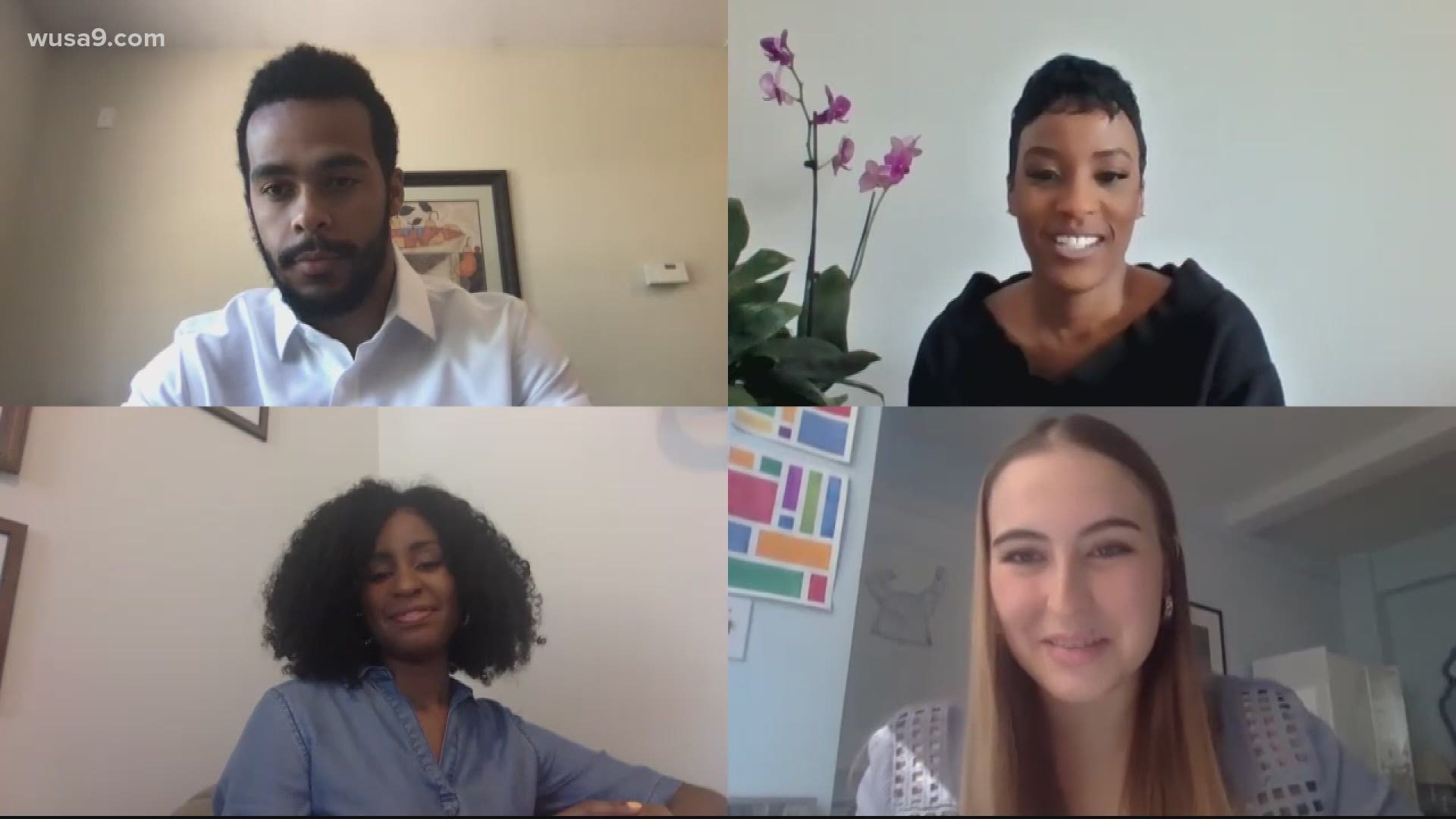WASHINGTON — The coronavirus pandemic continues to impact graduations around the country. Seniors from Georgetown University are set to walk the virtual stage this weekend, but two seniors continue their work even though they’ll have degrees.
"We still have a lot of legal work to do," Georgetown University senior Johnsenia Brooks said.
Brook and her classmate, Austin Riddick, graduate on Saturday, May 16. They, along with Junior, Cecily Burge were a part of a unique class this semester called Making an Exoneree.
"It started with two professors, Marc Howard and Marty Tankleff. Marty Tankleff himself is an exoneree," Brooks said.
The trio is working on a D.C.-specific case.
"So, we are working on the case of Edward Martinez. He has been wrongfully convicted of a murder that he did not commit," Brooks added.
The class said the spread of COVID-19 and the stay-at-home orders have hindered their work.
"A part of a final project for this class, we have to produce a documentary for the individual that we're working with. In this case, Edward Martinez. And our entire documentary was created using Zoom and screen share," Brooks said.
Martinez is serving a 55-year sentence in Beaumont, Texas. They’ve still managed to maintain contact with Martinez, but they said the coronavirus is affecting him even more.
"No one in USP Beaumont, to Edwards knowledge, has been tested for (COVID-19), but many people have showed symptoms, and about 1 percent of the Texas incarcerated population has been tested, and of that 1 percent, 70 percent has tested positive for coronavirus," Burge said.
The three have vowed to continue working on this case after graduation and once we return to some sense of normalcy. Riddick said their work is imperative in the fight for fairness.
"The U.S. criminal justice system is based on punishment and not on justice," Riddick said.
Their documentary. "Walk Tall: A Story of Innocence and Wrongful Conviction," is almost completed. Brooks begins her gap year and move back to D.C. to continue her work as a paralegal. Riddick is headed to Columbia Law School.

